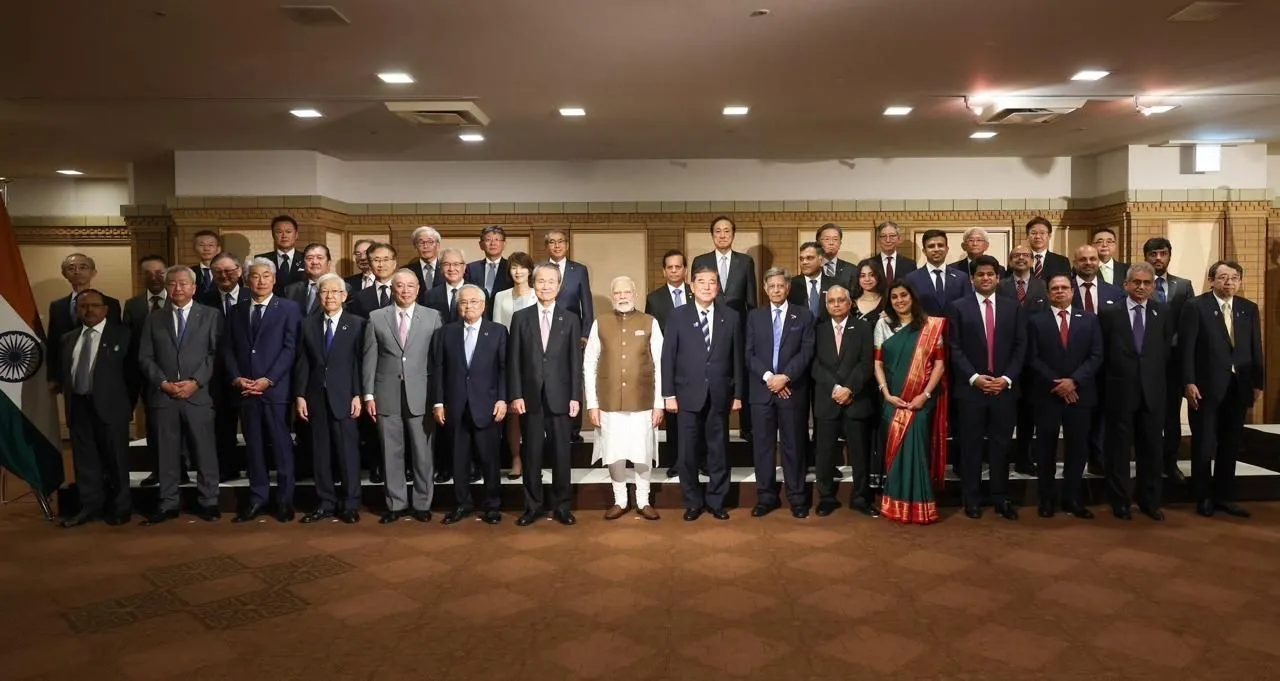DSA Correspondent
India in Talks with U.S.
India in Talks with U.S. to Fast-Track GE F404 Engine Deliveries for Tejas Mk-1A, F414 Agreement for AMCA in Sight
Bengaluru, India – In a significant stride towards bolstering its indigenous fighter aircraft programme, India is in advanced discussions with the United States to speed up the delivery of General Electric (GE) F404 engines for the Tejas Mk-1A Light Combat Aircraft (LCA) fleet. The move comes as part of a broader effort to modernise the Indian Air Force (IAF) and strengthen AatmaNirbhar Bharat goals in defence manufacturing.
After more than a year of delivery delays, the momentum is shifting. Two F404 engines have already reached India, with a third set to arrive later this month. Under the revised schedule, one engine will be supplied each month, with production rates increasing to two per month from October 2025. This acceleration is expected to fast-track Tejas Mk-1A production, closing capability gaps and enhancing IAF’s operational readiness in the face of evolving security challenges.
Follow-On Orders and Future Engine Agreements
The engine delivery push is just one part of a larger procurement plan. By the end of August 2025, India is expected to finalise a follow-on order for 97 additional Tejas Mk-1A fighters—a move that would significantly expand the indigenous combat fleet. The aircraft order will be accompanied by a major engine procurement agreement with GE to ensure steady production and deployment.
Looking ahead, negotiations are also progressing for the more powerful GE F414 engines. These advanced powerplants are earmarked for India’s next-generation fighter platforms, including the Advanced Medium Combat Aircraft (AMCA) and the Tejas Mk-2. Technical discussions on the F414 supply have reportedly concluded, with final commercial agreements expected in the coming months.
Strategic Significance for India’s Air Power
The Tejas programme is a flagship of India’s Make in India defence initiative. Accelerating engine deliveries and securing next-generation propulsion systems carries far-reaching implications:
- Enhanced Air Power – Faster engine deliveries will boost sortie rates and improve mission readiness.
- Defence Self-Reliance – Reducing dependence on foreign suppliers for critical combat components.
- Stronger Indo-U.S. Defence Partnership – Deepening strategic and technological collaboration in aerospace.
Officials have also moved to counter recent reports claiming that India had paused U.S. arms procurement talks due to trade tensions. The Defence Ministry dismissed these as “false and fabricated,” affirming that discussions are progressing without disruption.
A Boost for India’s Indigenous Fighter Fleet
For India, this development is more than just an operational update—it’s a strategic milestone. By accelerating the Tejas Mk-1A build rate and preparing for the induction of the AMCA, the country is laying the groundwork for a future-ready, technologically advanced air combat force.
The outcome of these talks could see India not only meet current air defence needs but also position itself as a global contender in military aviation technology, with indigenous platforms powered by world-class propulsion systems.
Keywords: Tejas Mk-1A, GE F404 engine, F414 engine, AMCA, Indian Air Force, India-U.S. defence cooperation, Make in India, indigenous fighter aircraft, defence manufacturing, aerospace industry.
.webp)
-min.webp)

.webp)
.webp)
.webp)
.webp)
.webp)



 9958382999
9958382999
